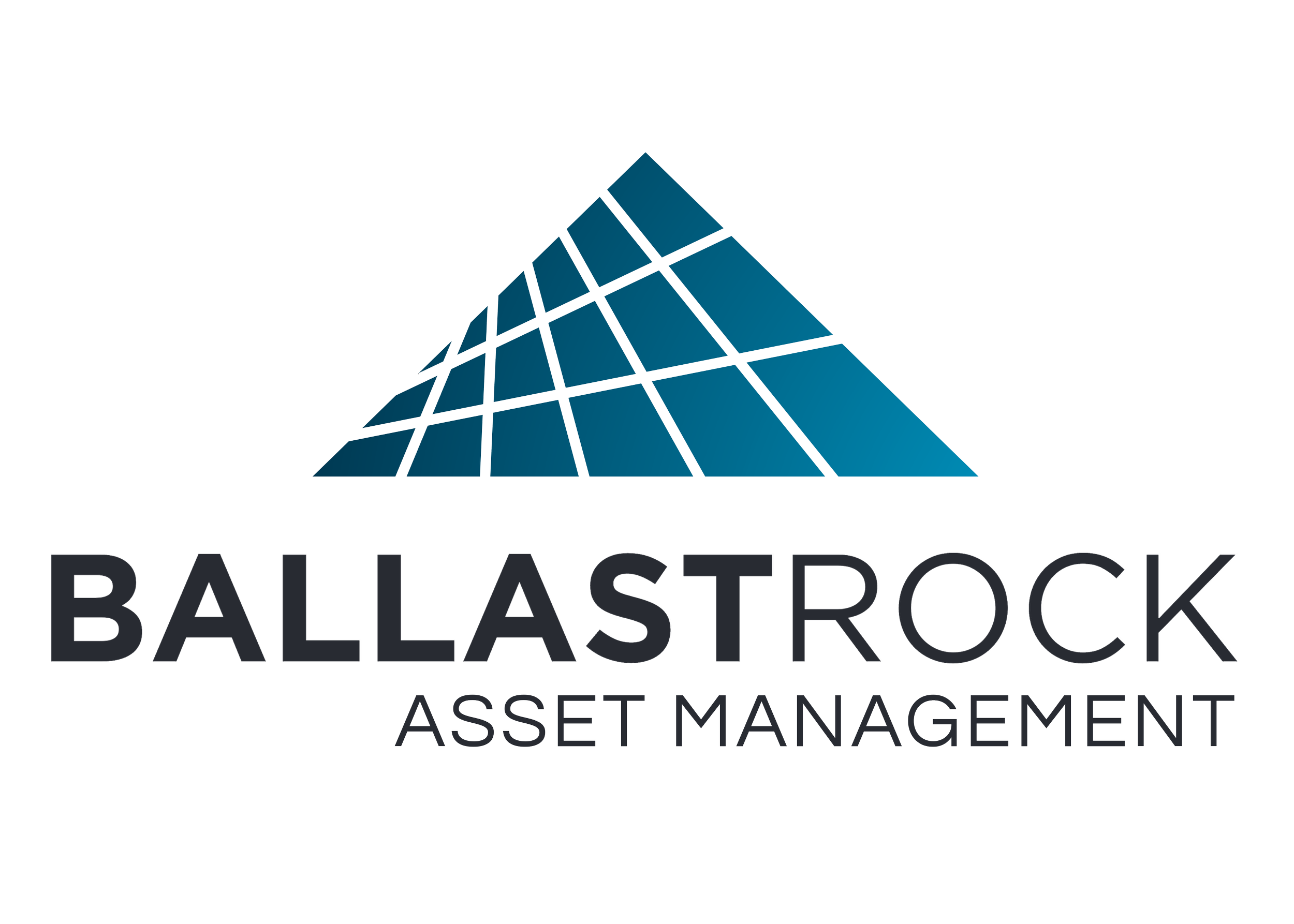Outlook For Workforce Multifamily Under Trump Administration
CHARLESTON, SC | November 21, 2024
As the new White House administration increasingly comes into focus and the Trump 2.0 agenda moves from being campaign rhetoric to reality, the Ballast Rock Asset Management Sunbelt real estate leadership gathered this week to discuss our outlook for the multifamily real estate sector for the short- to medium-term. Here are some highlights from our discussion.
BRAM House View:
It is hard to see a significant rally in real estate unless long-term interest rates come down.
We expect deal volumes will remain extremely muted until we see the 10-year getting back toward a more neutral 3.5% to 4.0% yield. Anecdotally in conversations with other real estate professionals, including developers, this is also the range for long term rates they are looking for.
We expect positive tax initiatives for the real estate industry, including a renewal of many of the 2017 Tax Cuts and Jobs Act bonus depreciation provisions that have now expired or are in the process of expiring.
Mass deportations seem logistically challenging and so unlikely to be enforced.
We expect new tariffs will end up being less substantial than those discussed on the campaign trail, but any tariffs will be immediately inflationary and will likely also slow the economy.
Kyle Fitzgerald (Director of Acquisitions and Disposition) on real estate market dynamics:
Vacancy rates for apartments have remained low nationally despite all the lease-up of new supply during 2024. We expect a drop off in multifamily apartment deliveries starting in 2025 and really becoming pronounced in 2026, triggered by a near halt of new construction starts that dates back to 2022 after the Fed interest rate liftoff. We expect this upcoming lack of new supply will drive rents higher nationally, particularly in supply-constrained markets (which of course will contribute to further future inflation).
Regarding new multifamily unit deliveries, it seems unlikely Trump can really change the NIMBY local zoning issues or high cost of borrowing that currently prevent a lot of future workforce housing development. We expect supply to be well below demand for the foreseeable future.
Danielle Miner (CEO of Sunbelt Properties – BRAM’s RE Operations Division) on leasing activity and employees:
We have seen a return to normal annual cyclical leasing seasonality, something that temporarily disappeared during the COVID years.
I do not see the new administration having an immediate effect on operations. However, we could see things tilt to a more “landlord friendly” climate where things like “rent control” and “COVID-era” policies are less restrictive than they have been in recent times. So, if anything, I hope to see more opportunities for acquisitions and dispositions which would be helpful for us as we look to acquire more assets in Fund III.
Additional tariffs could mean higher prices on materials making it more expensive to renovate units and could also slow down new supply in the future. The suggested mass deportations seem logistically implausible, but if they are enforced it could have a significant negative effect on an already strained labor (skilled trades) market.
The main drivers of how operational revenue will evolve on the existing portfolio are 1) any possible economic weakness / recession, and 2) new supply drying up in 2026.
Ian Garcia (COO Sunbelt Funds) on recent economic data:
The November Employment Report could be an interesting turning point. While the market shrugged off October Report as a one-off, it was much worse than expected even considering the Boeing strike and hurricanes and could represent restrictive Fed policy finally catching up with the economy.
Though we would expect that tariffs will likely lead to an economic slow-down and thus room for the Fed to lower rates, the economy could slow for other reasons. Economic weakness could just be the result of the past two years of restrictive Fed policy catching up. We don’t think a hard landing is a major concern at this time, but there is always a chance.
A tax on basic goods is basically a constraint on consumption so we question how much the Fed will account for any inflationary effect of tariffs being a supply side factor and if anything, dampen the economy / household spending a bit.
Simon O'Shea (BRAM CIO):
The Fed’s hands may be tied when it comes to lowering rates given its inflation/growth outlook, but even if Trump can somehow influence Fed policy, that may help the front end of the interest rate curve but it is hard to see that doing anything other than steepening the curve (i.e. borrowing costs for multifamily real estate are going to remain challenging even as other factors become increasingly supportive). In 2016 the reality was lower tariffs than were represented at first, so this time around implementing high tariffs may end up being mostly posturing for negotiating. Significant tariffs will slow the economy, but should that happen, it would also result in lower interest rates which would be positive for real estate.
Tom Carroll (Founder & CEO):
We love wage inflation as it gives us confidence in our ability to increase rents after we renovate units and add value at our properties, but we hate high interest rates. Our Sunbelt funds are well positioned for the new administration because our investment strategy is aligned with what is in the best interest of President-Elect Trump personally. However, it is unclear if the net effect of our below two key expectations for the new administration will be positive or negative:
Yes, we expect favorable tax treatment (such as return of bonus depreciation)
But inflationary action like tariffs and mass deportation of the workforce will likely require a response from the Fed (presuming the Fed can maintain independence).
There is plenty of investor equity out there and given agency support, debt capital markets remain open for business (for multifamily, though not for all real estate asset classes). However, with term interest rates where they are, nothing much is penciling out so trade volumes will remain muted until rates fall or cap rates adjust. Bottom line, the Fed is not going to bail out troubled sponsors, which may see the fund able to acquire assets opportunistically as distressed owners are forced to sell, even as the backdrop for multifamily real estate becomes increasingly positive.
About Ballast Rock Group
Ballast Rock Group is an integrated investment management company specializing in delivering risk-adjusted returns, accurate, and timely advice, high quality frequent reporting, and direct access to management. Ballast Rock Group operates Ballast Rock Asset Management, Ballast Rock Private Wealth, and Ballast Rock Capital. Ballast Rock Asset Management comprises Ballast Rock Real Estate, which includes the firm’s Sunbelt multifamily real estate funds, and Ballast Rock Ventures, comprising venture capital and private equity teams. Ballast Rock Private Wealth is a registered investment advisor, with a focus on alternative strategies. Ballast Rock Capital is a FINRA-registered broker-dealer. Ballast Rock is committed to being a driver of positive change. The diversity of our team members brings valuable new perspectives to our industry for the benefit of our stakeholders and the broader community.
Investment Disclosure
The information contained above has been prepared by Ballast Rock Holdings LLC (“Ballast Rock”) without reference to any particular reader’s investment requirements or financial situation. Past returns are no guide to future performance. Potential investors are encouraged to consult with professional tax, legal, and financial advisors before making any investment into a private offering of securities. An investment in private securities would be speculative and would involve a high degree of risk. Investors must be prepared to bear the economic risk of such an investment for an indefinite period of time and be able to withstand a total loss of their investment. Please carefully consider the investment objectives, risks, transaction costs, and other expenses related to an investment prior to deciding to invest. Ballast Rock Capital LLC (“BRC”), MEMBER: FINRA / SIPC. BRC’s registered head office is 460 King Street, Suite 200, Charleston, SC, 29403. Tel: 800-204-2513. To check background information about BRC and its representatives, visit FINRA’s BrokerCheck. Please see important disclosure information in our Form CRS.







